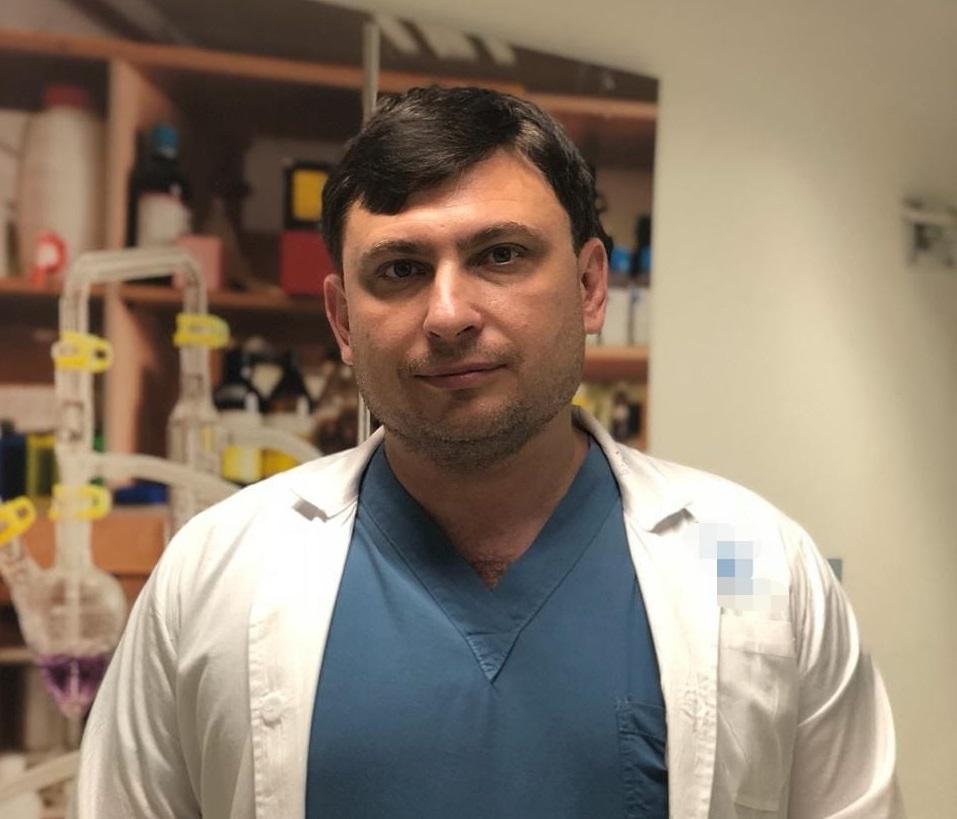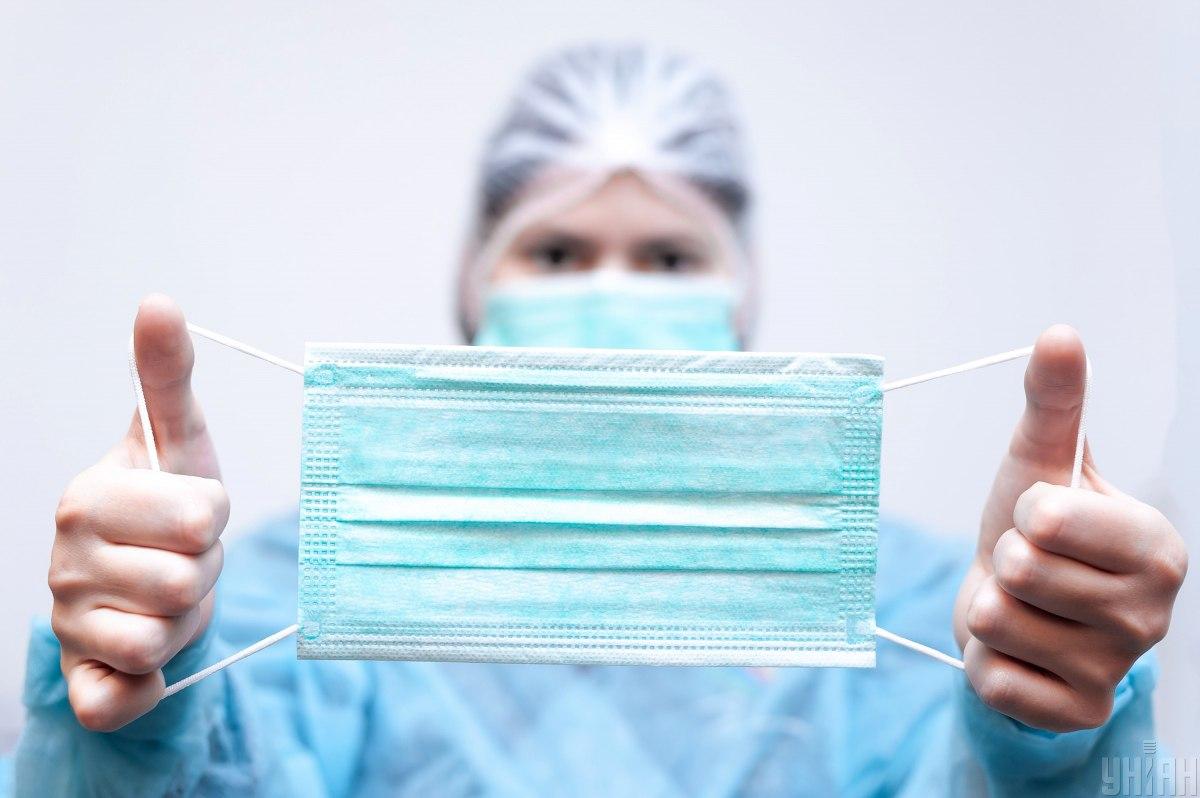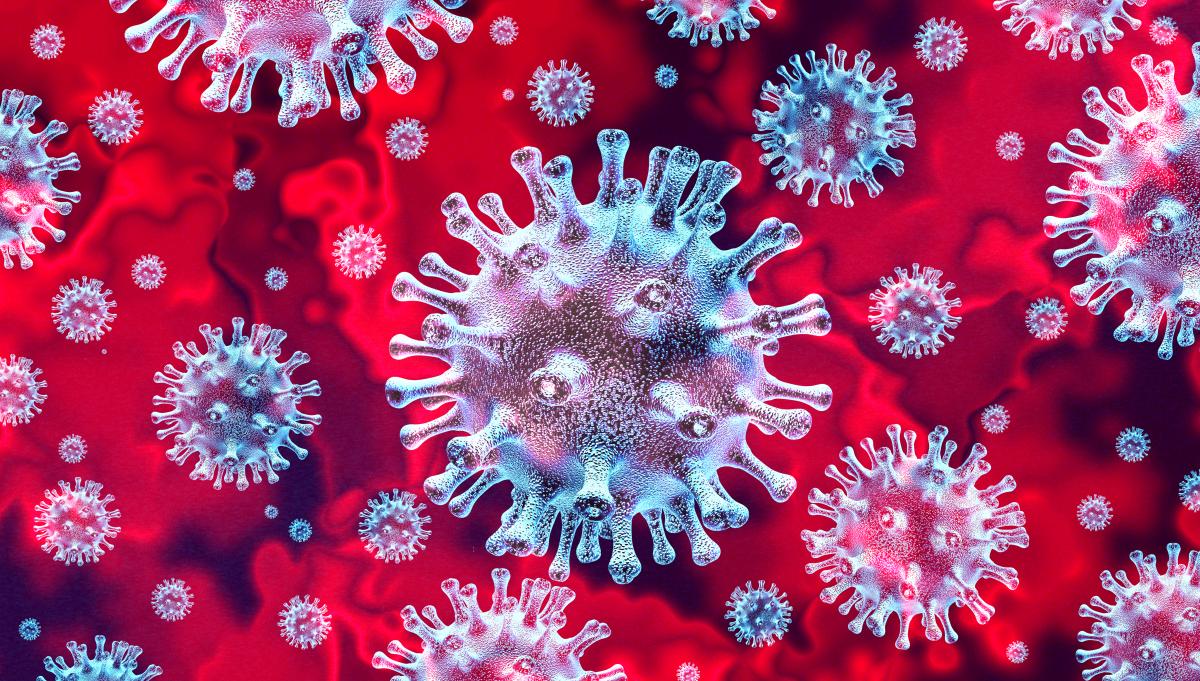
Over the past day, more than 4,000 new corona cases were reported in Ukraine. With each new spike, rumors about the imminent reintroduction of lockdown are intensifying. Against this background, UNIAN talked with Boris Brill, a doctor from Israel, the country where a new, strict quarantine was introduced on September 25.
Even successful countries like Israel have not evaded the second wave of coronavirus. Since September 25, the country has tightened restrictions over the COVID-19 pandemic, which is already causing complaints from the population...
A new lockdown has been announced in Israel today, and in part such measures help. But in fact, people themselves are to blame for the introduction of new restrictions. Many are irresponsible and ignorant. They just love to talk, instead of reading about the spread of the virus, listening to experts, understanding things... Indeed, in the case of a responsible approach on the part of the population, from a medical point of view, new restrictive measures today make no sense.
Why?
Because when quarantine was introduced for the first time, it was justified. It was a must, since we knew absolutely nothing about the disease. And we needed time to learn what we were facing, to understand how the virus works, to understand the ways of its transmission, to determine the measures of prevention, and to reduce the incidence.

Can we say that strict quarantine is overreaction? Is it really enough just to follow simple rules?
Yes, there are simple rules – wearing a mask in confined spaces, and maintaining social distancing. And I'm not talking about any special tools. A regular reusable cloth mask is enough! Even if you pull a sock over your head, it will provide protection from infection up to 70%. And then everyone became "professors" explaining to each other that simply wearing a protective mask doesn't work, so why wear it?
Most, unfortunately, don't bother to read studies stating that any mask, even reusable sheet masks, can provide protection. After all, we are talking about aerosol transmission. This happens when you exhale, talk, sneeze, or cough.
Everything is very simple. Try blowing out a candle with the mask on and without it. Move it one and a half meters away and try. You can do it without a mask. But you can't while the mask is on.
Strict quarantine, which was supposed to at least slow down the spread of the virus, was introduced in Ukraine six months ago when the number of those infected daily was in the tens. Now it's thousands of new cases daily. Nevertheless, Ukrainian authorities, for a number of reasons, fear a new lockdown. At the same time, the Israeli government, in a country where the level of healthcare is better and where there's much higher readiness to meet the second wave of the pandemic, is reintroducing strict quarantine...
Yes, it's tough for us, too. But the infrastructure of hospitals in Israel is indeed much better than in Ukraine. They are multistorey, even with underground parking lots set up in case of a large influx of patients.
At the same time, the government is acting foolishly by introducing severe restrictive measures. The quarantine will cost 50 billion shekels (approximately $15 billion). These funds could be used to put an inspector in every room, to arrest those who failed to observe mask rules. These funds could be used to change ventilation in elevators, where the chance of contracting the virus is higher. These funds could be used to procure respirators and give them to everyone...
Also, instead of a lockdown, it would be worthwhile to introduce large fines – half a salary or the entire salary – for non-observance of mask rules in confined settings. This would deliver a blow at people defying masks. Fines do work on people...
Quite often you can hear arguments such as: "If I'm not sick, why should I wear a mask? Let the sick wear them..."
I recently had a fight with my friend, the man who once lived in Zhytomyr. I told him: "Why don't you wear a mask indoors?" He says: "First, I did, but it was inconvenient, so I took it off." My arguments are simple: “Ok, you will get sick, you're a 'buff jock', you might recover, but you will infect your chronically ill wife, and she may die. How are you going to live with this? And not only my wife, but also other family members." He got offended.
But I say this because the situation may be precisely that.

What, in your opinion, should be changed in Ukraine in terms of COVID-19 treatment?
First, a system must be built. In one of the regions of the post-Soviet space, I helped build it. And there was no collapse there...
Cases should be classified as asymptomatic, mild, moderate, and severe. Patients with asymptomatic and mild cases may be quarantined at home. Also, rehab facilities can be used to host them (given the vast infrastructure of the latter in the post-Soviet space), where up to a couple of paramedics would work to measure saturation and temperature. This would save a lot of money.
Patients with cases of moderate severity who still don't need special medical support could be placed in separate buildings, where a large number of medical personnel is not needed.
And the third category is "heavy" patients who require oxygen support and other therapy.
Secondly, it is necessary to relieve the ambulance system. Unfortunately, in Ukraine people are accustomed to calling an ambulance just to measure blood pressure. And then they complain that the ambulance team fails to arrive fast for a heart attack case. Of course they will never make it there on time!
An ambulance is not a hospital on wheels. An ambulance will never replace a specialized physician. An ambulance is needed to provide first aid and bring a patient to the intensive care unit alive. Therefore, it may sound harsh, but in order to, say, measure your pressure or check the child's ear infection, instead of calling an ambulance, you need to go to the doctor's. This way, you will save someone's life. By the way, in Israel, you will pay $300 for just calling an ambulance.
Are you aware of any successful examples of correct way of setting up COVID-19 treatment in Ukraine?
Hospital No 4 in Kyiv [Kyiv City Clinical Hospital No 4]. They managed to build and develop the system in a way that eases the burden on medics.
Hospital chief Tetiana Mostepan is someone very forward-looking, modern, and open to new things, to cooperation. Therefore, since March or April, their medical staff have been reaching out to other medical institutions to share their experience. Often, this is not something we see in the countries of the post-Soviet space.
Competent, correct organization of work and the right approach to the issue led to remarkable results. In this hospital, not a single medic fell ill. And this hospital has already treated about 4,000 COVID-19 patients! This is the largest number in Ukraine.
What advice would you give to the people of Ukraine who, like the people of Israel, really do not want a repeat of the strict quarantine?
The main advice is: People, please, be responsible! Stop arguing and discussing topics that you don't understand without reading deep medical scientific research. Stop quoting the manuals of someone non-related to practical healthcare and scientific research.
Unfortunately, people are irresponsible. They argue instead of following simple rules.
At the same time, a mask does protect you. If everyone wears masks, the situation will be like in Japan. In Japan, a study was conducted showing that even wearing glasses reduces the risk of getting sick. And there is no pandemic nightmare.
Even if the virus has entered the body, the course of the disease depends on the amount of the virus absorbed. Therefore, basic protection in the form of a mask and maintaining social distancing are important. Every day, I'm in contact with those who got sick, but I never got sick thanks to protection.
The arguments of those who don't want to follow simple rules are that masks with the FFP2-3 protection level or surgical masks can really protect you. But I repeat: read the research, don't argue baselessly! A huge amount of research has been carried out worldwide proving that even a reusable sheet mask reduces the risk of getting sick by up to 70%! And by combining this with social distancing, the mask on you and on your interlocutor, the risk of getting infected will be almost zero! But, I emphasize, this is required indoors, not outside.
It's not necessary to wear all that protection while outside. But in confined premises, you need to watch out. Then there will be no such thing as a pandemic. You just need to be responsible.
Tetiana Urbanska


